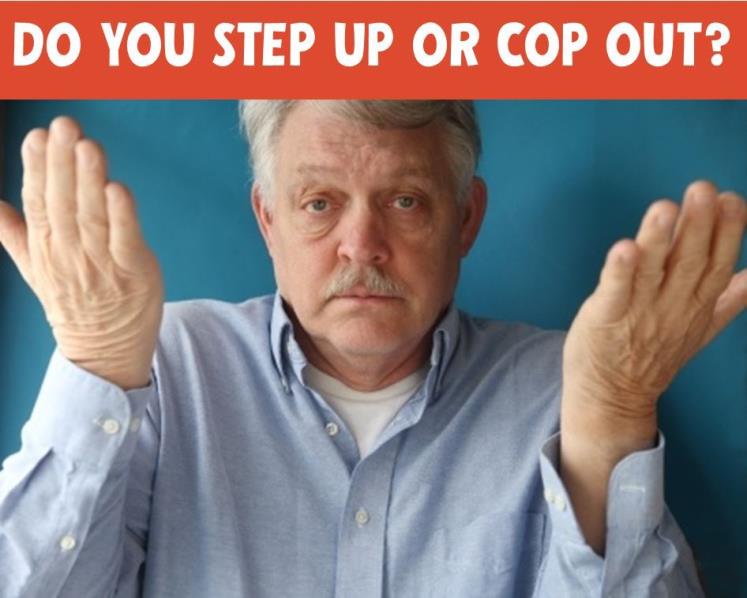 It’s not your fault. But it should be your responsibility.
It’s not your fault. But it should be your responsibility.
That was basically an entire blog from Seth Godin recently.
There are many ways to say it. It’s not my fault . . . Not my job . . . Not my issue . . . I can’t fix it . . . (the latter is allowable even though it is still bad).
But they all say the same thing. In effect, each of those says:
“I get and understand the facts and that they cause an issue that is less than desirable. But I am not engaged / caring / involved / thoughtful enough to care. I don’t give a hoot.”
What does that really mean? It means that you understand the issue but just don’t care enough to address it.
There is a problem that needs to be addressed; if not by you, then who?
As Seth says, learning to handle that differently is a huge step on the road to becoming a true professional. Once you learn to take responsibility and not lay blame, then success is close behind.
And, mind you, finding out what happened in a debrief process with an eye toward correcting flaws for the future is not assigning blame. It is looking to learn from the past.
How do you handle problems? How does your team handle problems? If your approach to resolving problems is broken, what can you do to fix it?
Get more from the Bread Business Blog:

You may also be interested in:
- How to Deal With Disagreement in Crucial Conversations
- Business Challenges Are Opportunities, Not Acts of War




